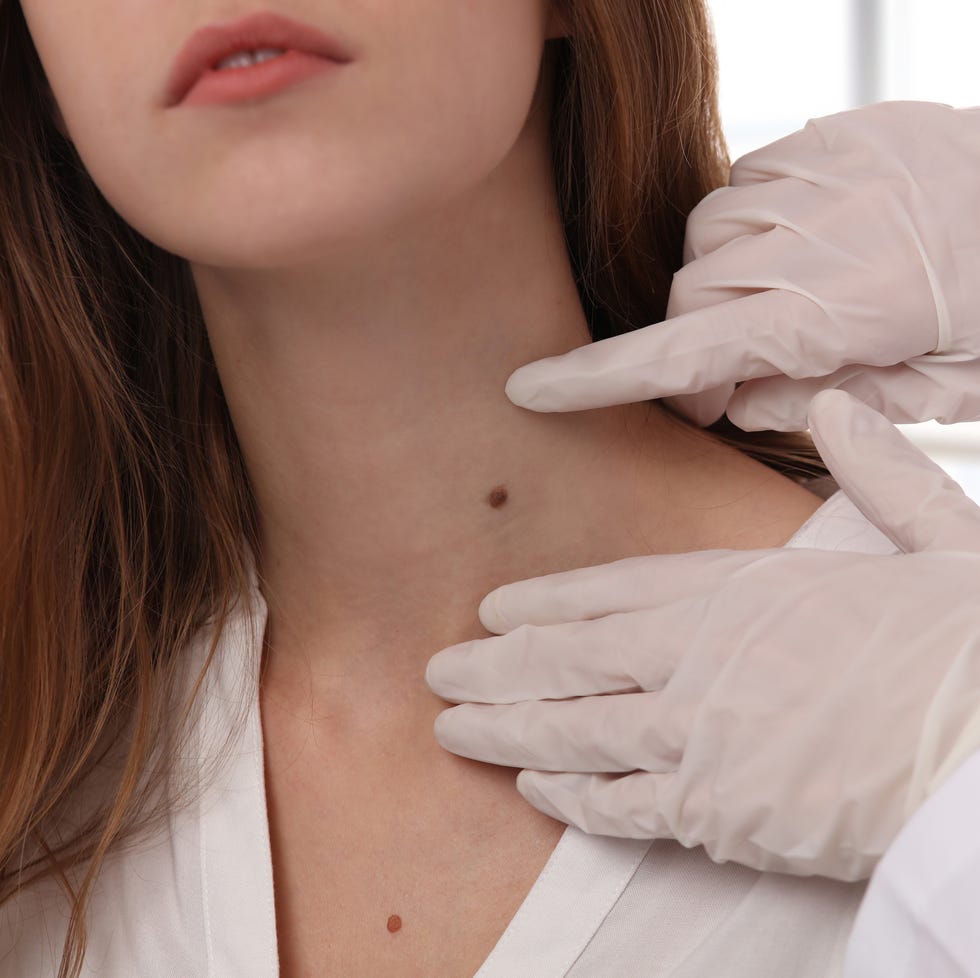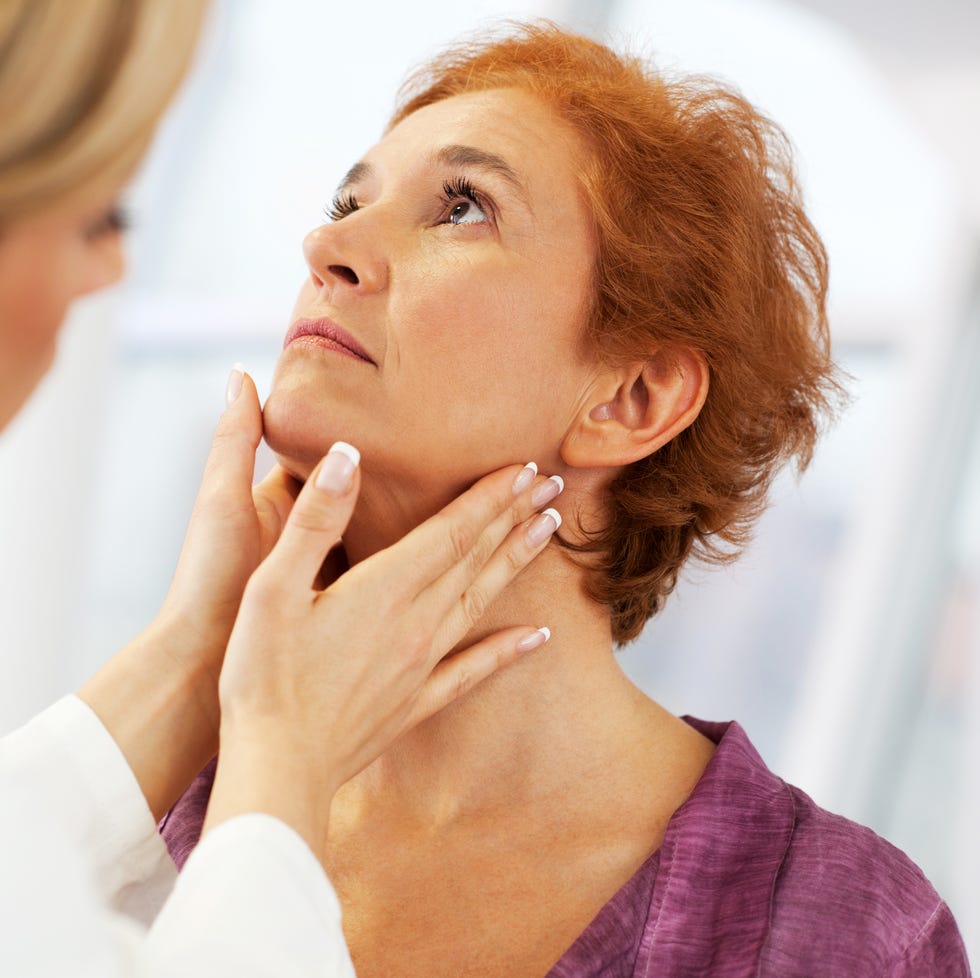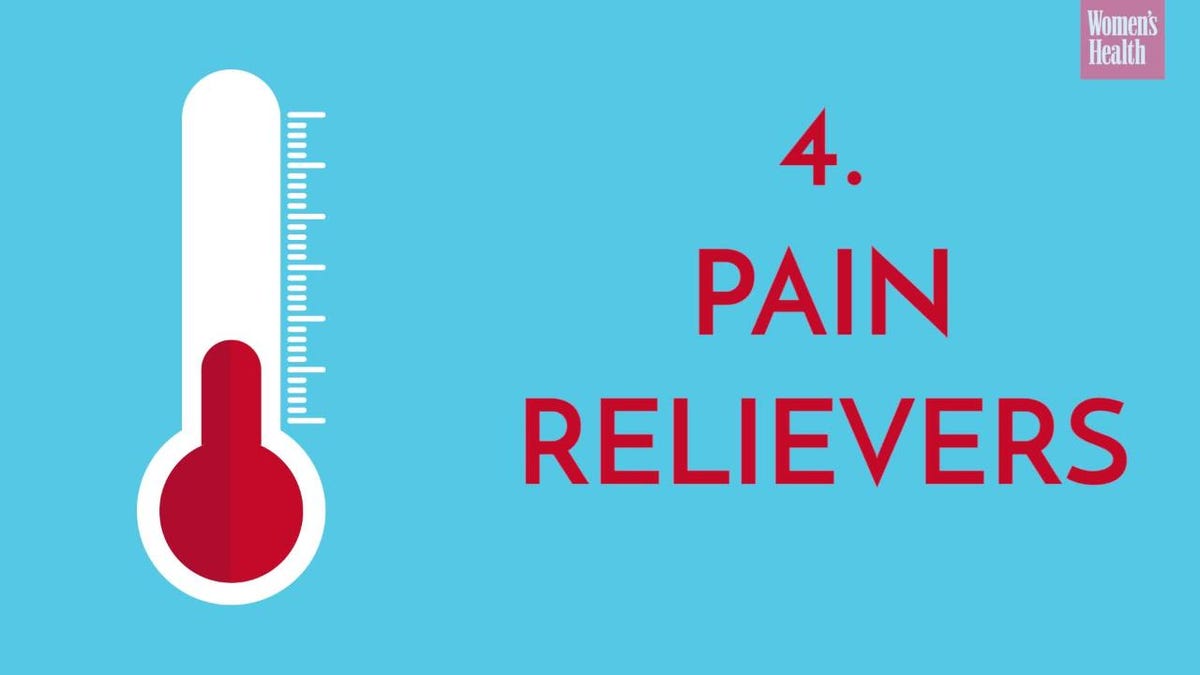Mammograms
“Starting at age 40, routine mammograms are a must,” says Jessica Shepherd, M.D., a board-certified OB/GYN. Catching abnormalities early can save your life. If you have a family history of breast cancer, you may want to ask your doctor about starting mammograms even earlier—before you’ve hit the big 4-0.
Blood Pressure Evaluations
Hypertension (high blood pressure) often has no obvious symptoms. Since the condition can creep up on you without you even realizing it, Dr. Bhatia recommends blood pressure evaluations to all her patients in their 40s. “It’s important to stay on top of [it],” she explains.
Advertisement – Continue Reading Below
Cardiovascular Exams
Pap Smears
Dr. Shepherd, Dr. Bhatia, and Dr. Gaither all agree that routine pap smears are important—especially as you hit middle age. Pap smears screen for cervical cancer, and just like any cancer, early detection is key.
“Cervical cancer can affect any woman who is or has been sexually active,” Dr. Gaither says. “But it primarily occurs in women who have had HPV, are immune-compromised, have poor nutrition, and don’t get pap smears.”
Advertisement – Continue Reading Below
Eye and Ear Exams
As we age, our vision and hearing often gets worse. That doesn’t necessarily mean you’ll go blind or deaf. But getting your sight and hearing checked annually can help you discover if you need glasses or a hearing aid.
Colonoscopies
Although consistent colonoscopies are recommended for women over 50, your 40s are a good time to talk to your doctor about the routine health screening—especially if you have a family history of colon cancer or polyps.
Advertisement – Continue Reading Below
Bone Density Evaluations

As women age, they tend to lose bone density and strength, which can lead to osteoporosis. Because of this, Felicia Stoler, R.D.N., a nutritionist and healthy living expert, recommends getting a bone density screening every 10 years starting at age 40. This is especially important if you show risk factors for osteoporosis or frequently fracture your bones.
Immunizations
Routine immunizations are always important. But since our immune systems can weaken as we age, getting routine vaccinations—like the flu shot—is especially essential as you get older.
Advertisement – Continue Reading Below
Diabetes Screenings

Not everyone will benefit from a diabetes screening. But if you’re nearing middle age and you live with obesity, you’re at higher risk of developing diabetes. “Obesity is a predisposing factor to diabetes development,” Dr. Gaither says. Your doctor can screen you for the condition and help you treat or prevent it, depending on your diagnosis.
Hormone Checks

Pre-menopause and menopause are full of hormonal ups and downs. And while common symptoms—like hair loss, insomnia, low sex drive, and brain fog—are often caused by the condition, they may also signal something more serious. Checking your hormone levels routinely can give your doctor more insight into what you’re experiencing.
Advertisement – Continue Reading Below
Complete Lipid Panels
A complete lipid panel—or a cholesterol test—is important in assessing your risk for heart disease, which increases as you age. It’s usually part of a routine annual exam. But if your doctor doesn’t mention it, you can ask to have one done.
Skin Checks

Getting your moles checked by a dermatologist is a good idea at any age. But as you enter your 40s, your risk for skin cancer increases, simply because you’ve gotten decades of cumulative sun exposure. Remember, an estimated 1 in 5 Americans will develop skin cancer by age 70. And when caught early, the 5-year survival rate for melanoma is 99%.
Advertisement – Continue Reading Below
Mental Health Screenings
As women age, they’re more likely to develop mental health conditions than men. “Anxiety, depression, Alzheimer’s, and cognitive decline are most common,” Dr. Gaither says. There are many reasons this may happen, including fluctuating hormone levels. But getting screened for mental health conditions—especially if you don’t feel like yourself—can help you get the support and treatment you need.
Thyroid Exams

“Thyroid dysfunction is the most common hormonal imbalance in women,” Dr. Shepherd says. That’s why she recommends getting screened routinely. Thyroid dysfunction can cause weight gain, exhaustion, brain fog, and more. And when left untreated, it can lead to serious—and potentially life-threatening—health problems.
Watch Next

Advertisement – Continue Reading Below
Advertisement – Continue Reading Below
Advertisement – Continue Reading Below
